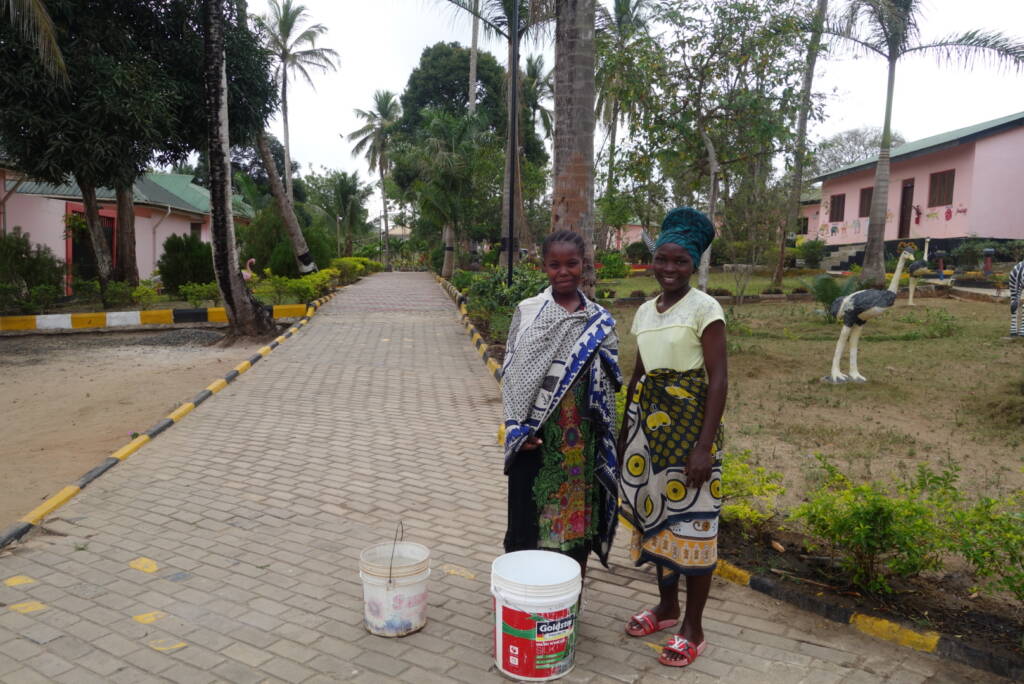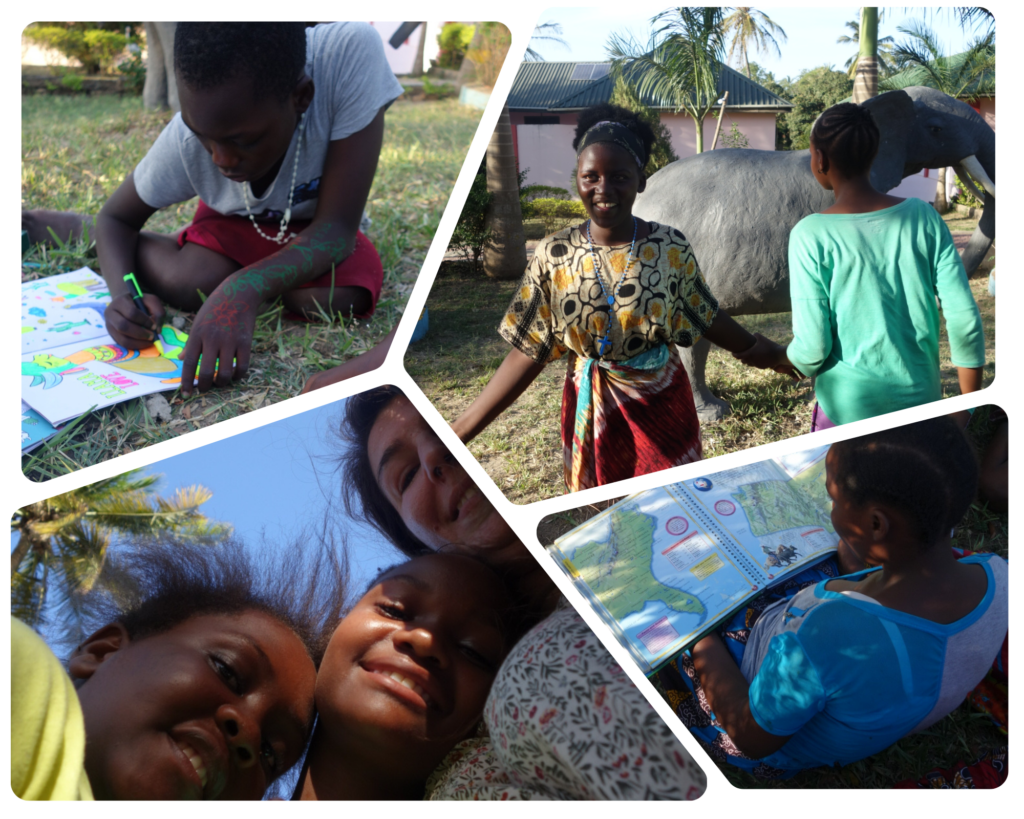Every journey has the power to transform us. My recent trip to Spring of Hope, a sanctuary for human trafficking survivors in Tanzania operated by the Sisters of the Daughters of Mary Immaculate (DMI), was nothing short of life-changing. I’d like to share just a few highlights from my first days on campus before delving more deeply into the social and economic programs DMI runs to serve girl children and their vulnerable communities in Tanzania.
DMI built Spring of Hope, a 40 acre campus providing shelter and services for minor girls who have been trafficked, in 2011 to disrupt cycles of extreme poverty and exploitation which disproportionately obstruct women and girls’ efforts to realize their full potential. Since opening the campus, DMI has graduated over 900 girls aged of 13-17 from its year-long program which is one of two rehabilitation programs in the country and the sole service organization and safe haven specially designed for girls in Tanzania.

My first day at Spring of Hope overflowed with moments that touched my heart. The atmosphere was one of abundance and joy, despite the many hardships girls faced on their journey to Kibamba. After a long day of class work, vocational training, and errands across the 20 acre campus, the girls gathered in a large circle to welcome me into their world with drumming, dancing, and singing.
The 54 girls, each with a unique story of survival, arrived at Spring of Hope for nine months of rehabilitation aimed at preparing them for a self-sufficient life after graduation. Later that evening, over dinner with the sisters, I was informed that 4 girls were newcomers, transferred from DMI’s Drop-In Centre in Kimara just days before my arrival. At the Drop-In Centre, girls receive 3 months of medical, psychosocial, and spiritual care while their cases are screened by DMI and Social Welfare officers and families contacted. The most severe cases are identified for referral to Spring of Hope during this time.
What struck me was the girls’ unity throughout my stay at Spring of Hope; there were no visible cliques or divisions visible among them. I couldn’t point out which girls had spent 6 months at Spring of Hope from girls who were still adjusting to their first week on campus. All the more, each and every girl welcomed me with open arms, eager to share their dreams and learn about my world even when our conversation consisted of just gesticulations and broken English/Kiswahili.
I found myself surrounded by girls like Theresa, who envisioned herself as a girl from Japan visiting Tanzania on vacation; Mary, who picked flowers from the DMI garden and offered me a bouquet as a welcome gift; Zahra, who wanted to braid my hair and teach me Kiswahili words. Their eagerness to connect, learn, and share was humbling. They all wanted to know about Mochi, my cat from New York, and clamored around me to see his photo. The first evening concluded with a final rumble of the drum and a lively dance then wistful “goodnights,” Lala Salaaaama!
Each morning, I awoke to the sweet voices of the girls in their classrooms, their singing carried by the breeze across the DMI campus. In between coursework, life skills classes, and vocational training, clusters of girls — radiant and giggling, drifted freely across the campus tending to the gardens and livestock waving hello to me and tolerating my mangled Kiswahili replies. Their laughter and playfulness is a testament to the haven of security that Spring of Hope provides. It was a sight of freedom and empowerment that contrasted with pasts marked by exploitation and vulnerability.
I had hoped to learn the names of all the girls who welcomed me on the first evening, but the girls and I kept very busy schedules! We made up for this on Sunday when the girls helped me build a dictionary of Kiswahili names of animals, filled in coloring books I’d brought along, and explored the world using the children’s atlas I planned to donate to Spring of Hope.mmmmmmmmmmmmmmmmmmmmm

